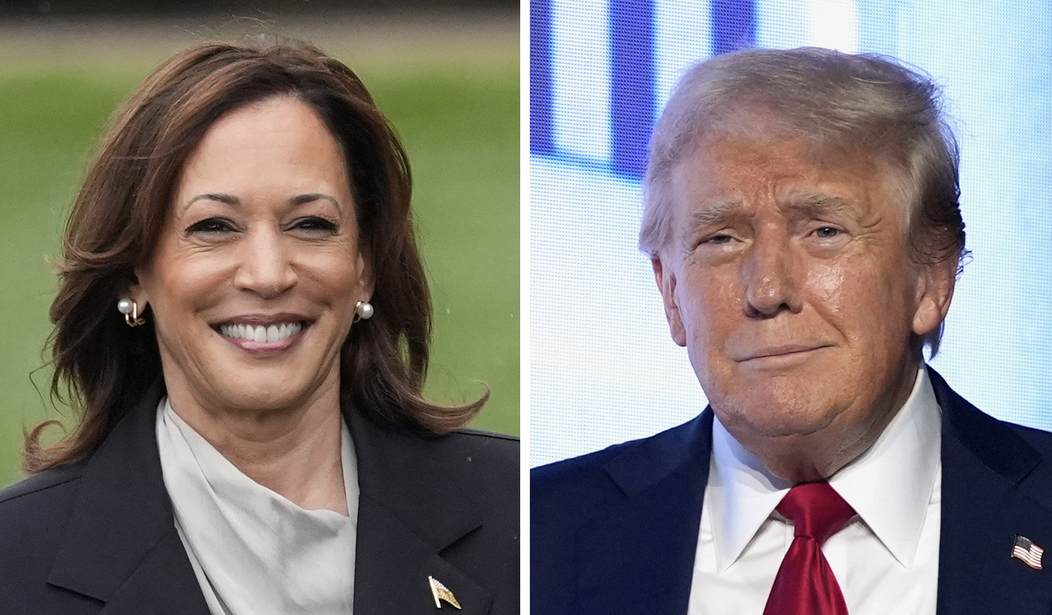In the world of political campaigns, the accuracy of internal and private polling has become a hot topic for good reason. Many on social media are talking about what the internal polls of various campaigns are saying about the state of the race and disputing public polling. The question that lingers is: which polls can we trust?
According to famed numbers guru Nate Silver, in a long spiel in his newsletter, we should probably ignore “internal polls” entirely.
Among other problems he identified, he explained how campaign internal polls have a history of a “house effect,” in which the campaign’s internal polling tends to be rosier for the candidate than reality.
“If I were Trump’s pollster, I wouldn’t want to take a meeting with him with polls showing him losing North Carolina,” he mused.
Silver gave a lot of reasons why we shouldn’t trust internal polls, like how campaigns selectively leak them, and there may be some truths to them. I’ve seen a lot of social media chatter about internal polls, and what I tend to see is that people tend to gravitate toward the poll results they want to believe and create justifications for why those polls are more trustworthy than any other. That’s not good.
Related: CNN Polling Expert Explains Why Democrats Are ‘Bedwetting’
But is that reason for discounting private/internal polling altogether? Not necessarily. Not according to Mark Halperin, who’s been reporting on internal and private polling quite a bit recently. In a panel discussion, Halperin, Sean Spicer, and Dan Turrentine address Silver’s concerns with internal and private polling.
Spicer noted that Trump’s team is confident, despite some public skepticism. He said, “The excitement among Republicans is that the wind is at our back right now, and… the momentum’s with Team Trump right now.” Spicer also emphasized that Trump’s internal polling has met with enthusiasm, recounting an event where a top Trump aide shared that the former president was “giddy about some of the internals and really wanted to get the word out.”
Of course, this raises a critical point: why do internal and public polls differ so much?
As Halperin explained, “The public and private data differs. The public data is cheap and … has issues in almost every case.” That may be a bit of an exaggeration, but there’s a reason why campaigns rely on internal polling despite a plethora of public polling: they can’t afford to make strategic decisions based on flawed data.
According to Spicer, “There is no way public polling is better. It just… defies logic.”
But how can we trust that Trump is doing better than public polling when we’re just hearing that Trump’s internal numbers bode well for him? Halperin explained that the internal numbers he’s been reporting on are not just spin or manipulation by one side.
“This is not spin by Republicans about secret or fake polls,” he said, pointing out that even Democratic pollsters are seeing similar trends, and both sides are relying on the best data to guide their campaigns.
Turrentine backed this up, saying, “They're not sitting there, you know, skewing everything to make, you know, to have happy talk internally. That's how pollsters ruin the reputation and get fired,” arguing against one of Silver's key theories against internal polling.
Both Spicer and Halperin also pushed back Silver’s reasons for not trusting internal polls.
Spicer insisted, “No professional pollster will ever skew a poll.” He explained that while pollsters may cater to specific client requests, they won’t undermine their credibility by producing inaccurate results.
“They would not throw away their credibility,” Halperin agreed. “I am not taking some pollster I've never heard of and saying, ‘Here's their numbers.’ I'm relying on people who I've known and covered for years, and I know that they have the exact same … professionalism that you described. So that's different than what Nate Silver's talking about.”
“When I’ve reported over the last several days about private polling” which is favorable to Trump, says @MarkHalperin, “that is not Republican-only private polling. It's reflected in the Democratic private polling, too. In fact, I think if you'd ask the Harris campaign about… pic.twitter.com/XxCUlNq3xx
— 2WAY (@2waytvapp) October 11, 2024
And for what it's worth, the public polling isn't all that great for Kamala Harris right now either. Trump has taken the lead in the RealClearPolitics average in six of the seven battleground states.
This is why the Harris-Walz campaign is panicking right now. pic.twitter.com/BpVFElQKnz
— Matt Margolis (@mattmargolis) October 11, 2024
If these results pan out, that translates to an Electoral College victory of 302 for Trump to 236 for Kamala. So public polling isn't exactly looking great for Kamala and may be starting to look more like what the private polling has been saying for a while now.










